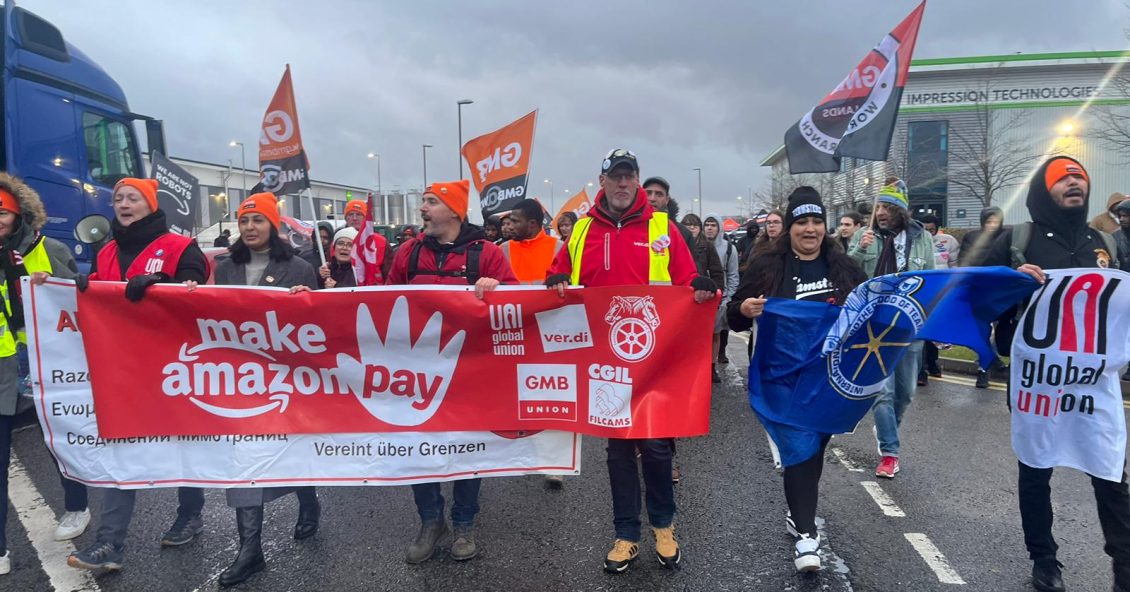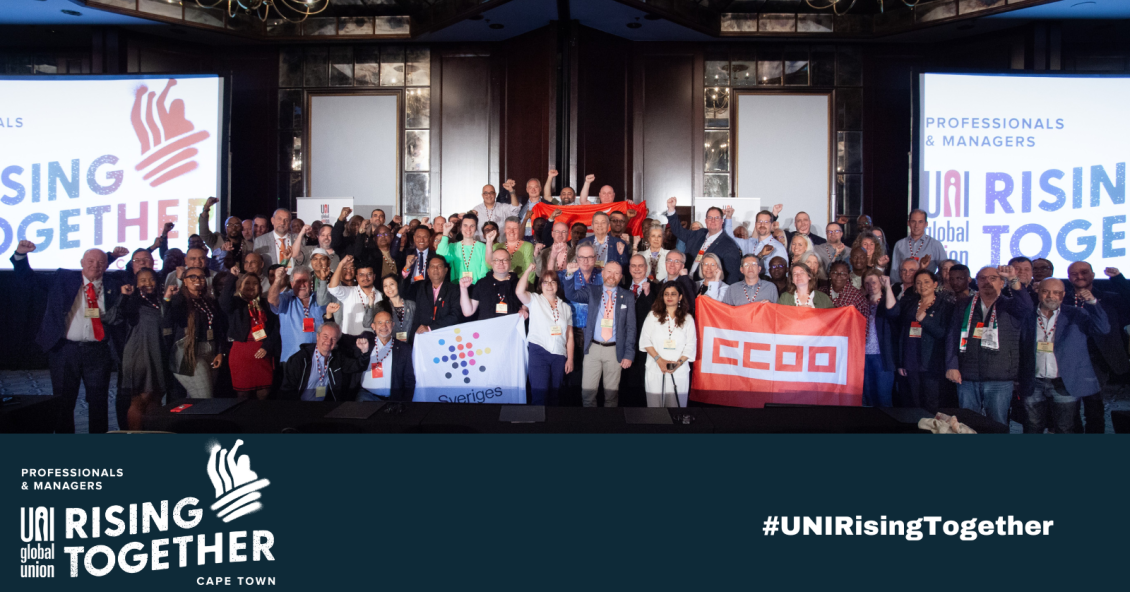Amid a pandemic causing governments to reevaluate the social resilience of our care systems and intensifying concerns over the aggressive role of private equity in the sector, UNI Global Union is calling on BlackRock—the world’s largest asset manager —to align its investment stewardship with international standards that uphold fundamental workers’ rights.
In a letter submitted to BlackRock CEO Larry Fink this week, UNI Global Union General Secretary Christy Hoffman states that the investment giant should “play a role in encouraging nursing homes to move from a low-road model of cost-cutting to a sector that invests in its workforce and long-term success.”
Blackrock is a significant shareholder in several nursing home chains across North America and Europe including Orpea, Brookdale, and the Ensign Group. Although little information is publicly available in investments in real estate and infrastructure, Blackrock’s reporting has also indicated that the company has at least 85 primary healthcare assets across the UK, and it recently set up a private fund called “Global Healthcare Private Equity,” presumably to acquire healthcare-related assets such as nursing homes.
“On average, 46% of all COVID-19 deaths were care home residents, based on estimates across 21 countries from the International Long Term Care Policy Network. There are a myriad of structural issues plaguing nursing homes from before the pandemic began, but it is clearer now than ever that any strategy for the industry must centre on improving the conditions for workers, and in turn the closely linked quality of patient care,” Hoffman writes.
According to the Committee on Workers´Capital´s most recent report, BlackRock shows gaps in its approach to fundamental labour rights in investments. “BlackRock may “cause” or “contribute to” fundamental labour rights violations in its real asset portfolio where it holds controlling stakes; it is also “directly linked” to labour rights violations through minority shareholdings in public equities.,” CWC determines in its latter report that aims to measure assets managers’ alignment with ILO Fundamental Principles and Rights at Work the UN Guiding Principles for Business and Human Rights (UNGP) and the OECD Guidelines for Multinational Enterprises.
The gaps in investors’ human rights stewardship has long been an issue in the care sector. The role of private equity in care, in particular, has regained interest in light of the COVID-19 pandemic. In a recent study, Americans for Financial Reform Education Fund found that private equity-owned and backed nursing home chains have higher resident COVID-19 infection and death rates and a larger share of Coronavirus cases and deaths compared to their share of residents relative to for-profit, non-profit, and public facilities in New Jersey.
A recent study on the issue conducted in New York shows that unionized care centers had a staggering 30 percent lower mortality compare to facilities without health care worker unions. The reason is that long-term care centers with union staff tend to have more workers with better trained and higher pay. Unions also demand more access to protective equipment and stronger infection prevention protocols. Typically, higher staffing rates result in better quality of care for residents and a more positive working environment which reduces burnout, stabilizes the workforce, and saves money in the long term.



